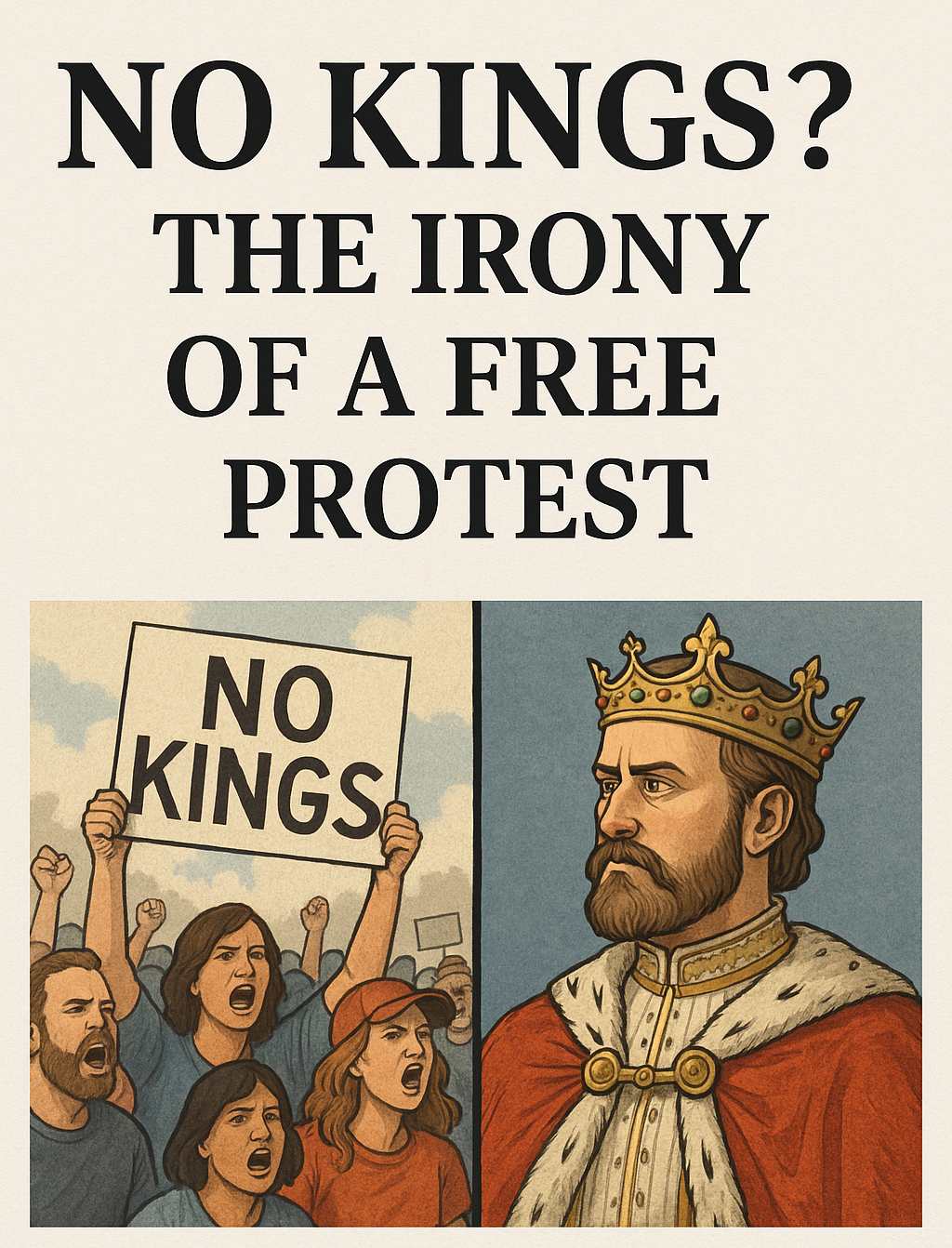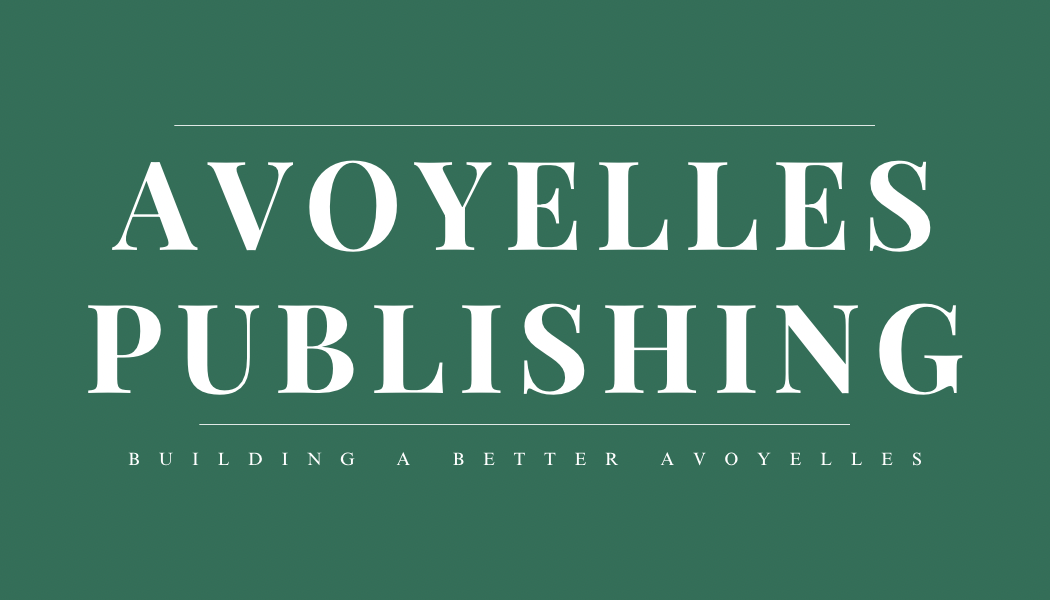No Kings? The Irony of a free protest

By Dr. Jay Callegari
Across the United States, citizens have filled the streets under banners reading “No Kings.” The rallies stretch from coast to coast, fueled by frustration over what many see as creeping authoritarianism. Crowds chant, wave handmade signs, and declare that no one man should ever be above the law.
Yet the protests themselves may reveal the most powerful truth of all: if America actually had a king, these same demonstrators would never be allowed to raise their voices.
Imagine a nation where a crown controls the courts, the press, and the police. In such a system, public dissent is not a right but a threat. Protests would not be televised or streamed online — they would be censored, contained, or crushed. Citizens could be punished for speaking against the throne, and silence would be sold as loyalty. The very fact that Americans can march freely, argue loudly, and criticize the government in real time shows that this is not a monarchy — it is the living exercise of self-government.
Still, the “No Kings” movement reveals another kind of danger. The rise of social media algorithms has divided Americans into echo chambers that reward outrage and punish nuance. As each side grows more convinced of its own virtue, it becomes less capable of imagining the other’s point of view.
Yet even within that polarization lies a paradoxical strength: both sides can still protest. Both can speak, gather, and challenge power without fear of imprisonment. That ability — fragile though it may be — is the essence of the American experiment.
The “No Kings” protests may rage against authority, but they also affirm something greater: that no citizen must bow before anyone. The right to disagree, even to shout across barricades, is what keeps this country free.
If we ever did have a king, there would be no chants, no signs, and no debate — only silence.

Comments ()